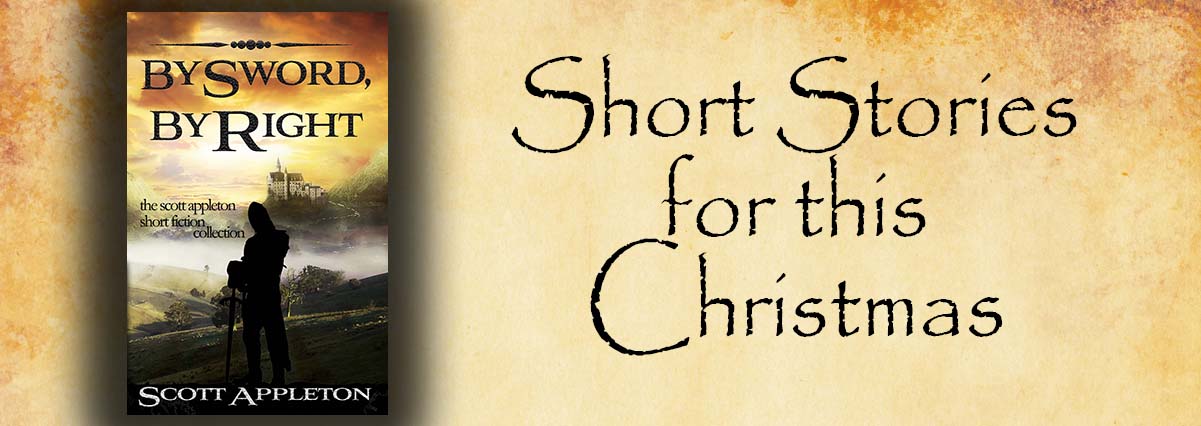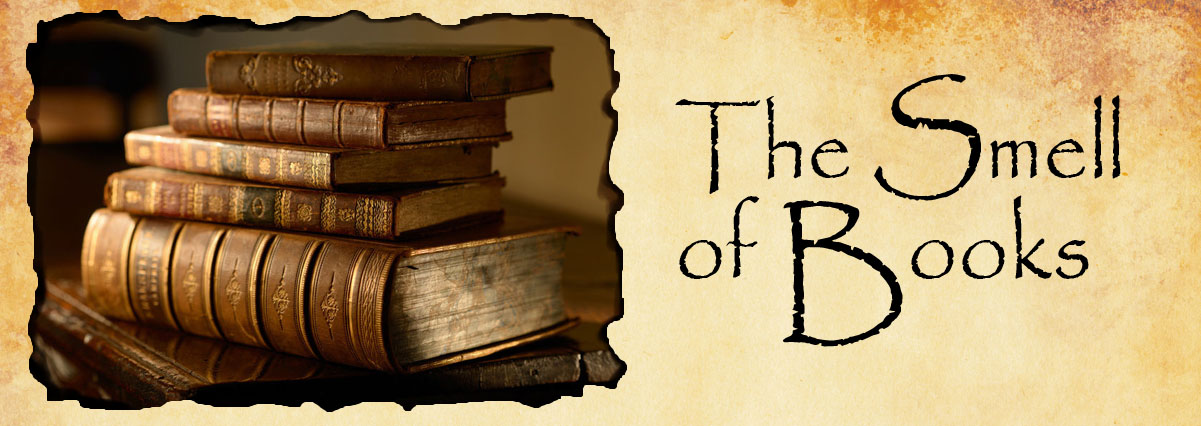Short stories this Christmas!
Christmas is my favorite time of year. When I was growing up I populated my wish list with books. One thing I dreamed of was writing books that other people would want to put on their Christmas lists. It was five years ago now (which is hard for me to believe) when I had signed a publishing contract with AMG Publishers and I had no books to sell until they released Swords of the Six. In the time between I bundled together my short stories into a new book titled By Sword By Right. It sold surprisingly well for a collection of short fiction, and ever since then I’ve always referred to it as my bathroom reader.
Originally this book was available in paperback as well as on Kindle, but the distributor I had placed it with charged an annual fee so I discontinued the print version. From time to time I still receive requests for By Sword By Right in paperback, and now Amazon’s platform has enabled me to re-release it in time for Christmas!
There is something magical about short stories. From my perspective they are more difficult to write. Everything for me turns into a long-form writing. Short stories usually sit in my “idea bucket” to be later transformed into novels. But with By Sword By Right I put my journey as a writer under the x-ray machine. I included stories that were some of my best writings, and some that were written prior to the launching of my writing career.
For Christmas this year if you are one of those readers who wants something to take into the bathroom or into a closet for a quick read, By Sword By Right has an assortment of fantasy, science fiction, fairy tales, biblical, and even allegory. This book demonstrates the diversity of my writing interests and will give you an idea of where all of my stories will take you. From dark underground worlds to surface utopias, and even into the interstellar divides.
There is no limit to where the imagination can take us. And we can explore the depths and heights of imagination through short stories in the moments that reading longer fiction prohibits.
Q: Do you enjoy short speculative fiction?


